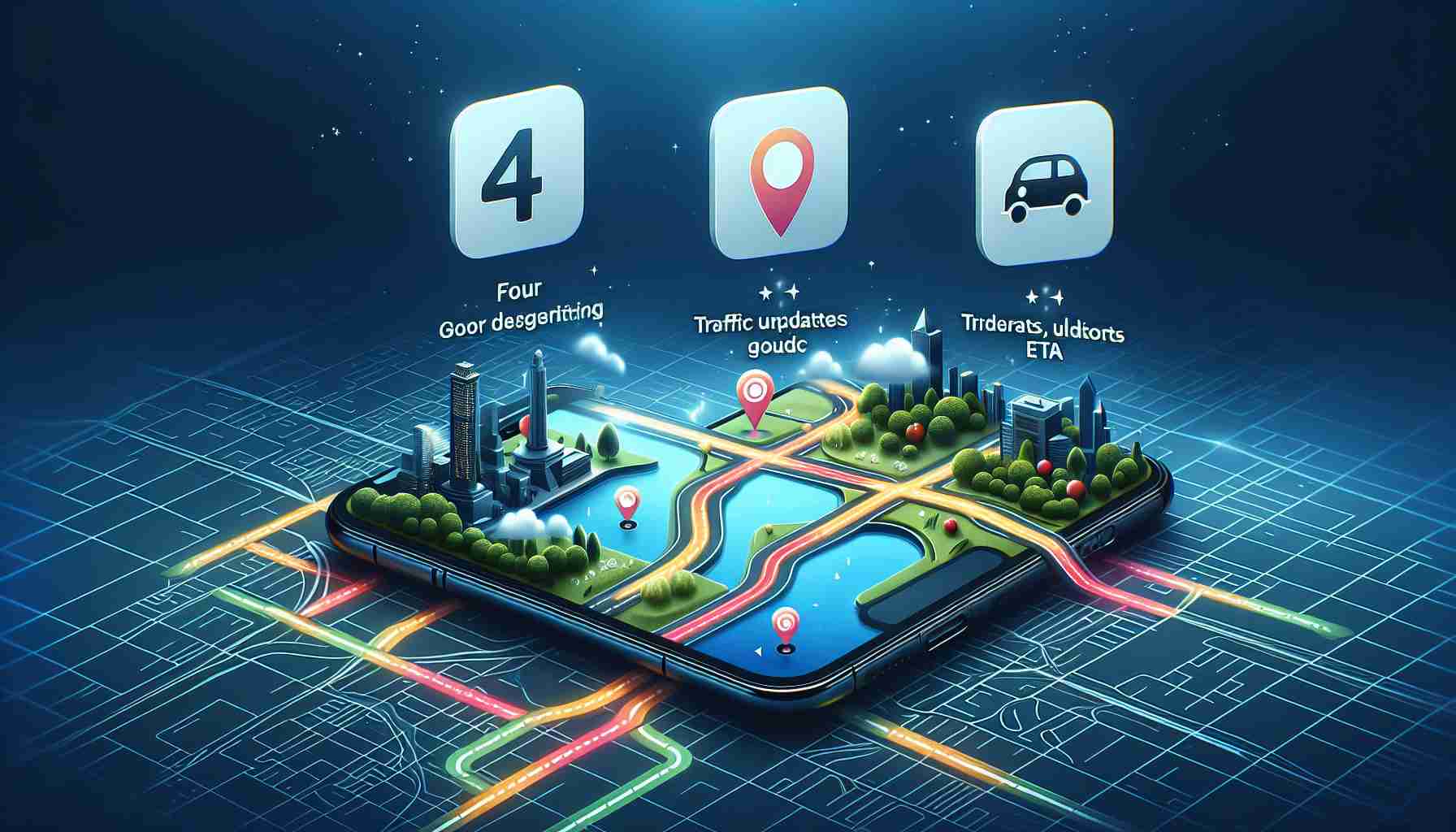The Superior Route Planning of Waze
Despite both being owned by Google, Waze stands out by navigating you to your destination in the quickest possible time. It will even recommend slightly unusual routes if it means bypassing heavy traffic or accidents, which is a contrast to Google Maps’ tendency to suggest more direct but sometimes slower paths.
Real-time Hazard Reporting
Powered by a social network of users, Waze excels at providing real-time traffic updates. Users contribute data like traffic jams and road hazards, ensuring you get the most accurate and efficient journey possible. The alerts are so reliable that often, you will find hazards exactly as reported—and if they’re not there, a quick screen tap will update the information for others.
Customize Your Drive Experience
To enrich your driving experience, Waze offers a diverse array of voice options, including those of celebrities, to guide you on the road. These voice options can be rotated, often aligning with promotional events or holidays. Additionally, the app allows you to personalize your map icon, reflecting your mood to the Waze community.
Speedy Re-Routing to Save Time
Waze is proactive about suggesting alternative routes when conditions change mid-journey. New incidents or congestion can turn an optimal route into a slower one, but Waze will aggressively offer you a new path, potentially saving time and avoiding further delays. The app is persistent; it’s not uncommon for the recommended route to be updated numerous times depending on real-time traffic conditions.
Collaborative Community Contributions
Waze’s real-time information largely comes from its community of users, something that sets it apart from other navigation apps. For example, users report speed traps which can help others avoid getting speeding tickets. This collaborative approach benefits all drivers using the app, creating a sense of camaraderie on the road.
Data Consumption and Battery Usage
One potential downside of Waze’s real-time updates is that it can be data-intensive, which may be a concern for users with limited mobile data plans. Additionally, the app can consume significant battery life because it remains active to provide real-time navigation, which may require more frequent charging or a car charger during longer trips.
Privacy Considerations
While Waze’s user-based reporting system is handy for traffic updates, it also means the app constantly tracks your location. Privacy-conscious individuals might have concerns regarding how their data is used and stored. However, Waze does allow users to go invisible, which stops the app from displaying their location to others, though their route data is still used for traffic analysis.
Marketing and Advertising
Waze uses location-based advertising, providing businesses with the opportunity to advertise to users as they navigate. Some users may find these ads to be intrusive, especially if they are not interested in the services or products being advertised. It’s a crucial source of revenue for the app but could impact the user experience negatively.
Advantages:
– Real-time navigation changes based on current road conditions.
– User reports provide alerts for traffic, police, accidents, and hazards.
– Customization options for a more personal experience.
– Frequently updated routes to avoid delays.
Disadvantages:
– Higher data and battery usage compared to simpler mapping applications.
– Privacy concerns due to location tracking and data collection.
– Potential for distraction due to active community engagement.
– Location-based ads could be seen as intrusive.
Key Questions and Answers:
Q: What makes Waze different from Google Maps?
A: Waze relies heavily on user-reported data to provide real-time traffic updates and alerts, which can offer more current and localized information compared to Google Maps’ more algorithmic approach.
Q: Can Waze be used without an internet connection?
A: Waze primarily works with an internet connection to provide live updates and rerouting. Without data, the app’s functionality is significantly reduced.
Q: Is Waze’s route planning really faster?
A: While not guaranteed for every trip, Waze’s route planning can be faster as it considers more variables reported by its user community in real-time, such as traffic jams and accidents.
For further information on navigation apps and their features, you may want to visit the main websites for more insights:
– Waze
– Google Maps
– Apple Maps
